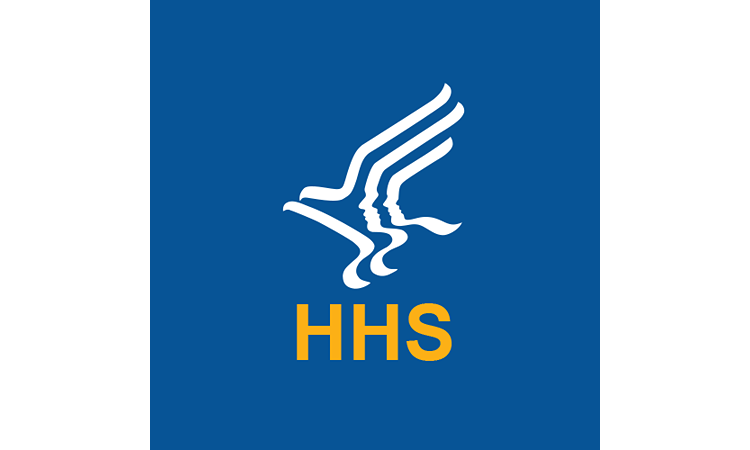June 20, 2022 – The Department of Health and Human Services (HHS) has formally withdrawn a Trump administration rule that threatened to cause many HHS regulations to expire.
HHS announced its decision in a recent 133-page withdrawal notice in the Federal Register, stating that the “Securing Updated and Necessary Statutory Evaluations Timely” (SUNSET) final rule “would have significantly altered the operations” of the HHS “with considerable negative repercussions for a diverse array of stakeholders,” and that the rule has “policy ramifications and legal defects.”
The action follows a postponement of the rule in the wake of a lawsuit filed in March 2021 – as well as numerous public comments calling for the agency to withdraw the rule.
The rulemaking process for SUNSET, which was slated to take effect in March 2022, was rushed through by the Trump administration and would have affected thousands of HHS regulations that automatically would have expired in 2026 without an HHS retrospective review process requiring a pace 20 times faster than HHS has ever conducted.
“The SUNSET final rule is expansive in scope and impact, faced considerable opposition from stakeholders (and very little support), and lacked a public health or welfare rationale for expediting rulemaking,” HHS states in the withdrawal. “We now conclude that the SUNSET final rule likely underestimated to a significant degree the resources needed for the required undertaking.”
In the May 27 withdrawal announcement, HHS states that its current regulatory action “will reduce the time spent by the Department performing retrospective assessments and reviews of its regulations that would have been required by the SUNSET final rule, and time spent by regulated entities and other stakeholders, including the general public, small and large businesses, non-governmental organizations, Tribes and state and local governments, on comments related to these assessments and reviews.”
HHS estimates that cost savings from withdrawing the rule – in 2020 dollars, annualized over 10 years – range from $69.9 million to $75.5 million.
HHS also stated that the automatic expiration provision of the SUNSET final rule “is unsound and in our view unlawful, and that the final rule erred in misjudging the likelihood that HHS regulations would expire if the SUNSET final rule were to go into effect and be implemented. As a result, the final rule failed to examine the instability, uncertainty, and confusion that could be generated by automatically expiring regulations,” according to HHS.
HHS further calls into question the rulemaking process used by the former administration, stating that in developing the original SUNSET rule, HHS did not follow past procedure or other routine internal review procedures, such as distributing the draft proposed and final rules to the relevant HHS agencies to solicit their review and comments.
Such “irregularities may have also contributed to the flawed execution and analysis in the original SUNSET rule,” HHS notes, citing an inaccurate assessment of the effects of this rule, errors of law and a different set of policy priorities as the primary reasons it made a decision “to withdraw the SUNSET final rule in its entirety.”




